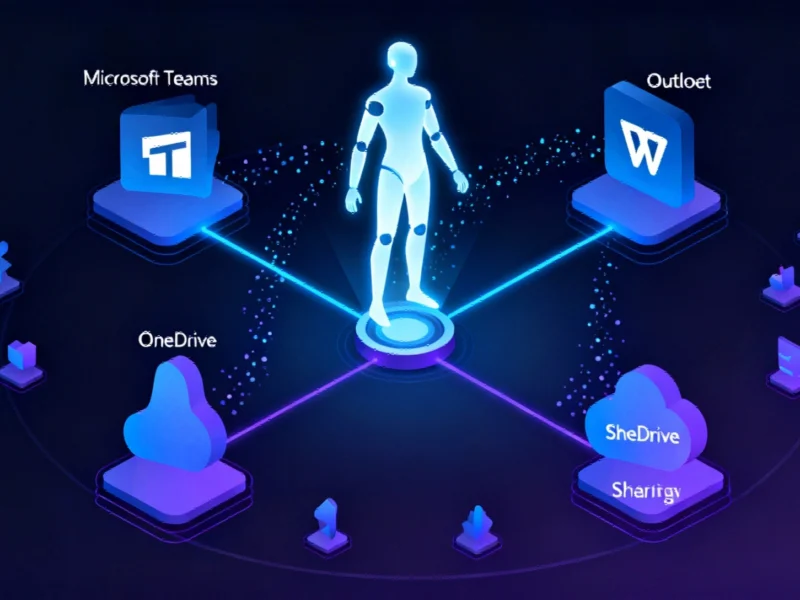According to CNBC, Perplexity AI CEO Aravind Srinivas publicly accused Amazon of “bullying” on Tuesday after receiving what the company described as “an aggressive legal threat” from the e-commerce giant. The conflict centers around Perplexity’s Comet browser assistant, which lets users ask the AI to find items and make purchases directly on Amazon. Perplexity claims users “love this experience,” but Amazon is demanding the company stop this practice entirely. This isn’t Amazon’s first move against external AI agents – the company has already taken steps in recent months to prevent crawling by AI tools from OpenAI, Google, and Meta. Amazon hasn’t responded to requests for comment about the legal threat.
<h2 id="business-battle”>The Real Business Battle Here
Here’s the thing – this isn’t really about technical compatibility or security concerns. It’s about control over the shopping experience and, more importantly, the advertising revenue. Perplexity makes a pretty compelling point in their blog post: “Amazon should love this. Easier shopping means more transactions and happier customers.” But they’re right that Amazon’s business model has evolved beyond just facilitating transactions.
Amazon makes billions from ads and sponsored placements. When you use Perplexity’s assistant to shop, you’re bypassing all those carefully engineered upsells, cross-sells, and sponsored results. You’re not seeing Amazon’s “customers who bought this also bought” suggestions or getting funneled toward Amazon’s own private label products. Basically, you’re getting a clean, efficient shopping experience without the marketing noise that generates significant revenue for Amazon.
Part of a Bigger Pattern
This isn’t happening in isolation. We’re seeing this exact same tension play out across the AI landscape. OpenAI, Google, Meta – all the big players are running into resistance when their AI agents try to interact with platforms that want to maintain control over the user experience. And honestly, who can blame the platforms? If AI assistants become the primary way people interact with websites, those websites lose their direct relationship with customers.
But there’s a real question here about how far companies can go in blocking automation. If every website starts walling off AI agents, we’re basically recreating the walled garden problem that plagued the early internet. The whole promise of AI assistants is that they can help you accomplish tasks across multiple platforms seamlessly. If every platform fights this tooth and nail, that vision falls apart pretty quickly.
Smart Positioning by Perplexity
Perplexity is playing this beautifully from a PR perspective. By framing this as “bullying” and positioning themselves as the innovator fighting against an anti-competitive giant, they’re generating tons of positive attention. It’s a classic David vs. Goliath narrative that resonates with people who are already skeptical of Big Tech’s power.
And let’s be real – Perplexity probably knew this confrontation was coming. When you build a feature that directly bypasses a platform’s revenue streams, you have to expect some pushback. The fact that they’re making this public suggests they’re prepared to fight this battle in the court of public opinion, even if the legal battle might be tougher to win.
This whole situation highlights the messy transition period we’re in as AI becomes more integrated into daily tasks. Companies want AI to work for them, but they’re terrified of losing control. The next few months of these standoffs will likely determine what the future of human-AI-web interaction actually looks like.





Can you be more specific about the content of your article? After reading it, I still have some doubts. Hope you can help me.